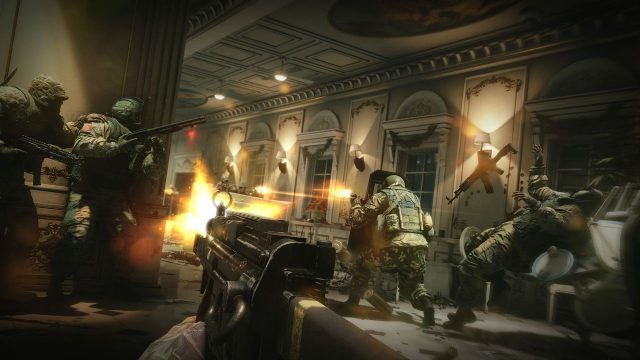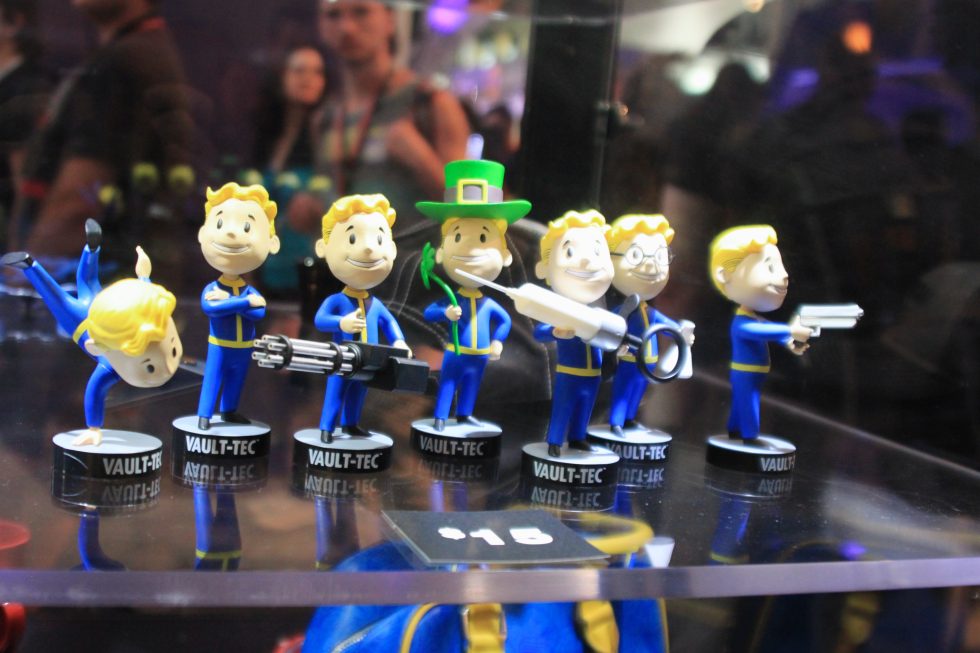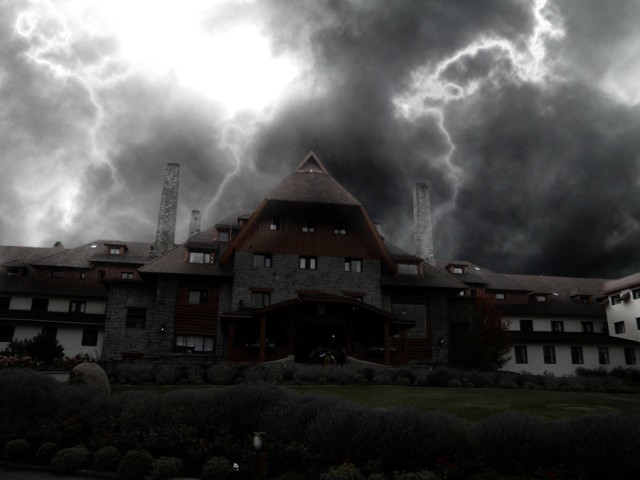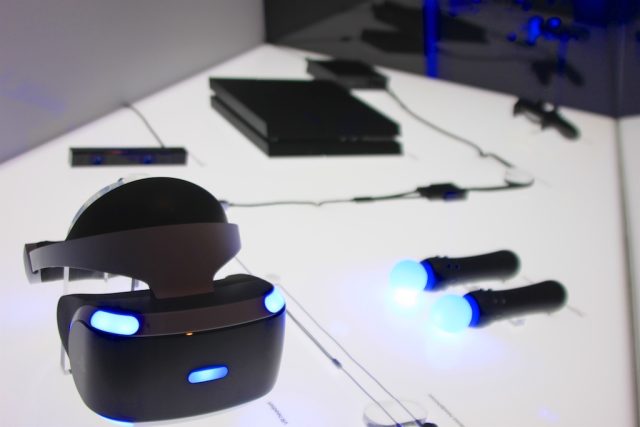
The Blizzard campus that will soon host the team behind the "pirate server" Nostalrius. (credit: Blizzard)
The administrators behind the recently shut-down Nostalrius server—which ran a popular "vanilla" version of World of Warcraft as the game existed before its many expansions—are currently "scheduling a meeting at Blizzard campus" to discuss the status of what some call "legacy servers" but what Blizzard and others often refer to as "pirate servers."
In a post to the Nostalrius forums late Sunday night, the administrators seemed optimistic about serving as spokespeople for a group of players interested in preserving a playable history of the popular MMO— a group that has now grown to include over 250,000 signatories to an online petition.
"We are very excited to be able to help Blizzard understand the part of their community asking for legacy servers and many other related topics, in the hope that they will eventually make it possible to legally play previous game expansions," the team wrote. "After the answer from Blizzard and the amazing support we received, we feel we are now not only the admins of a private server: We are also the ambassadors of a larger movement for the entire World of Warcraft community that wants to see game history restored. It is a major responsibility. Our top priority and only focus now is to fulfill the needs of this community, by carrying your voice to Blizzard directly."






